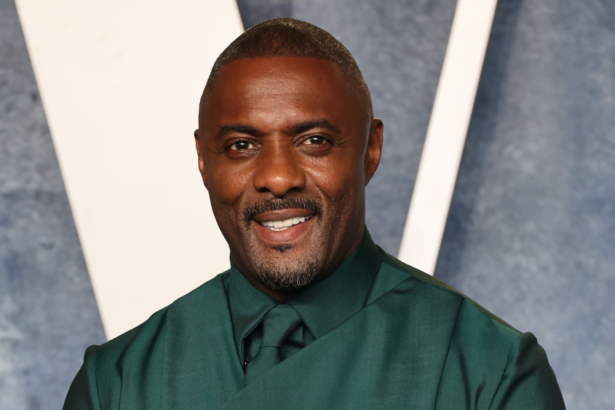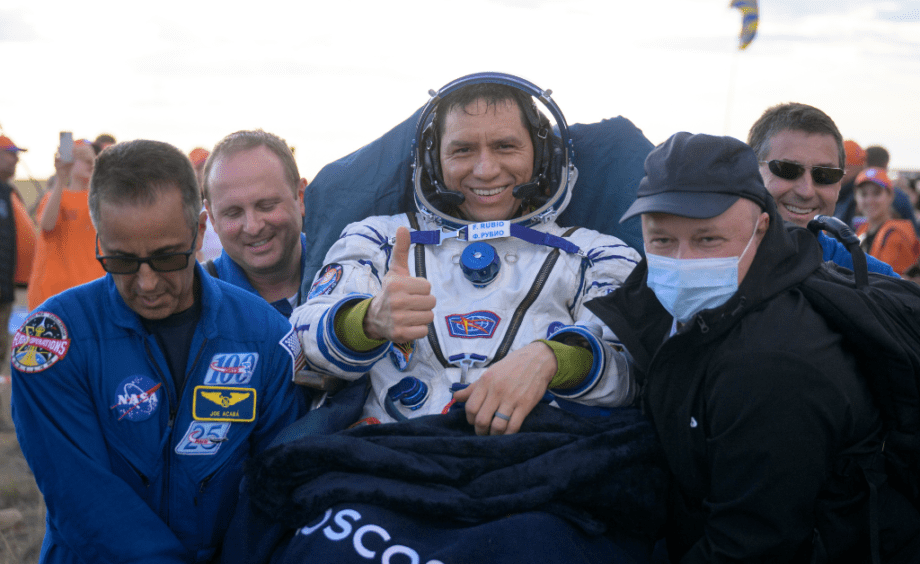# Astronaut Sets U.S. Record for the Single Longest Space Journey
On September 27, 2023, Frank Rubio made an extraordinary return from the International Space Station (ISS). He had achieved a remarkable feat that set a new U.S. record for the longest time spent in low-Earth orbit by an astronaut.
Rubio, who had initially arrived at the ISS on Sept. 21, 2022, concluded his historic mission after spending 371 days in space. This surpasses the previous record held by NASA astronaut Mark Vande Hei by 16 days, making it the first time a U.S. astronaut has completed a year-long mission in space. Originally scheduled for a six-month mission, Rubio’s stay was extended to over a year, during which he contributed to a range of scientific experiments including studies focused on the impact of spaceflight on human health and behavior.
One significant study he participated in investigated the effects of exercising with limited gym equipment in space. Given the constraints of space travel, researchers are eager to explore alternative exercise regimens to maintain crew health during extended missions. Rubio exclusively utilized the space station’s bicycle and weightlifting machine, as opposed to the treadmill, shedding light on the potential for different exercise techniques to support long-duration spaceflights.
Furthermore, Rubio’s involvement in testing an enhanced spaceflight diet aimed to enhance human adaptability to space conditions. Through a personalized diet plan, rich in nutrients and emphasizing fruits, vegetables, and fish, researchers hope to evaluate its impact on immunity and the functioning of the gut microbiome.
In addition, Rubio contributed to the cultivation and monitoring of vegetables in the space station’s Vegetable Production System, aiming to establish protocols for growing fresh produce in space. This study is crucial for future deep space missions as it explores the potential of leveraging microgravity-grown plants to meet the dietary needs of astronauts on longer missions.
Rubio also provided biological samples and completed surveys for the Spaceflight Standard Measures study, which serves as a baseline for understanding how the body responds to spaceflight across various systems. His participation in these experiments provides vital insights into the effects of extended space travel on the human body, offering valuable data for the development of health strategies for future missions to the Moon, Mars, and beyond.
His journey also offered researchers the opportunity to examine the impact of landing forces on the human body, contributing crucial information for the design and improvement of future spacecraft.
Overall, Rubio’s contributions provide invaluable information that will greatly benefit astronauts on longer-duration missions, deepening our understanding of the impacts of long-duration space travel on human health and well-being.




